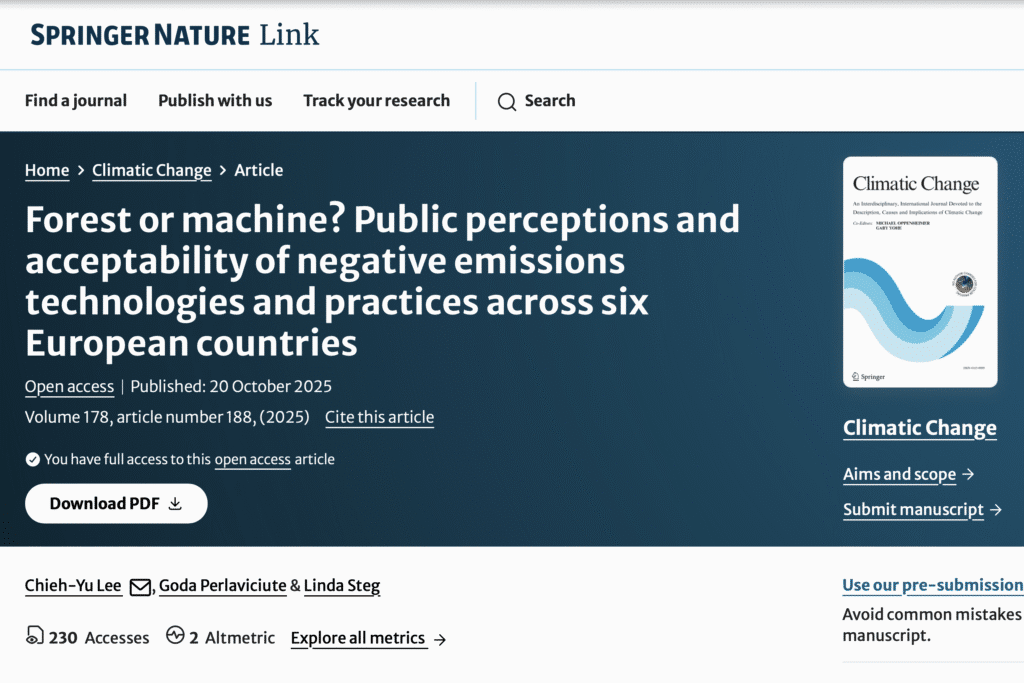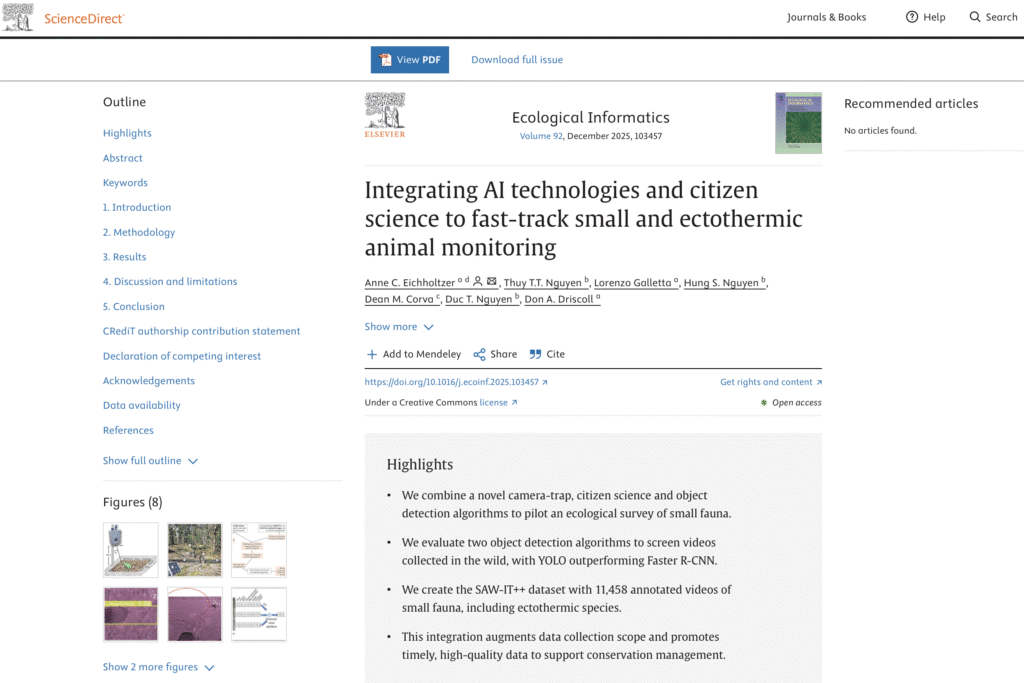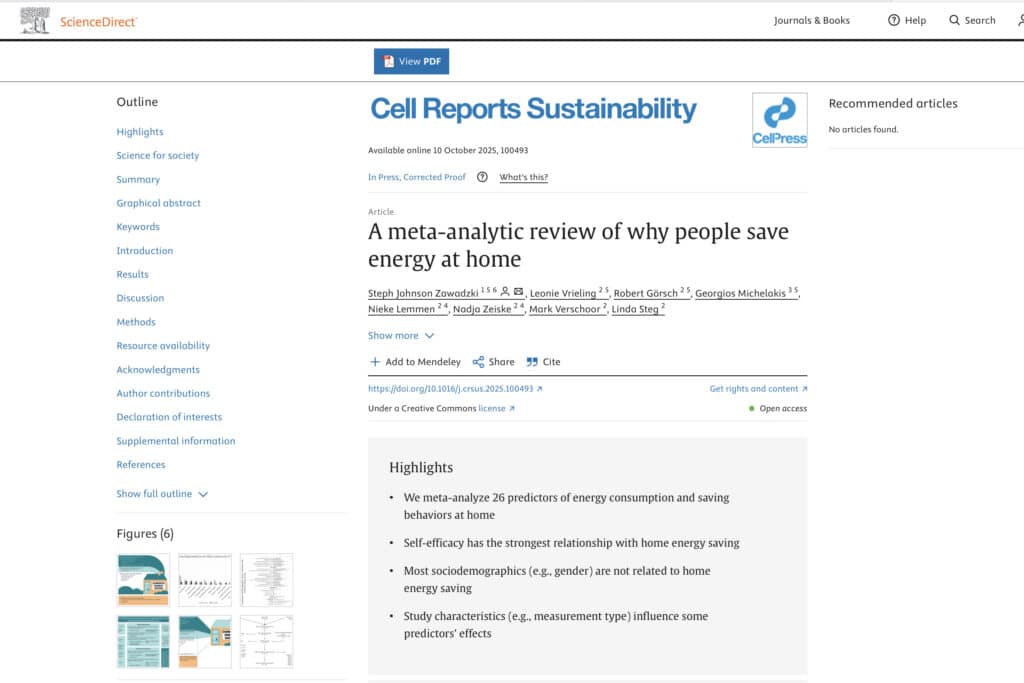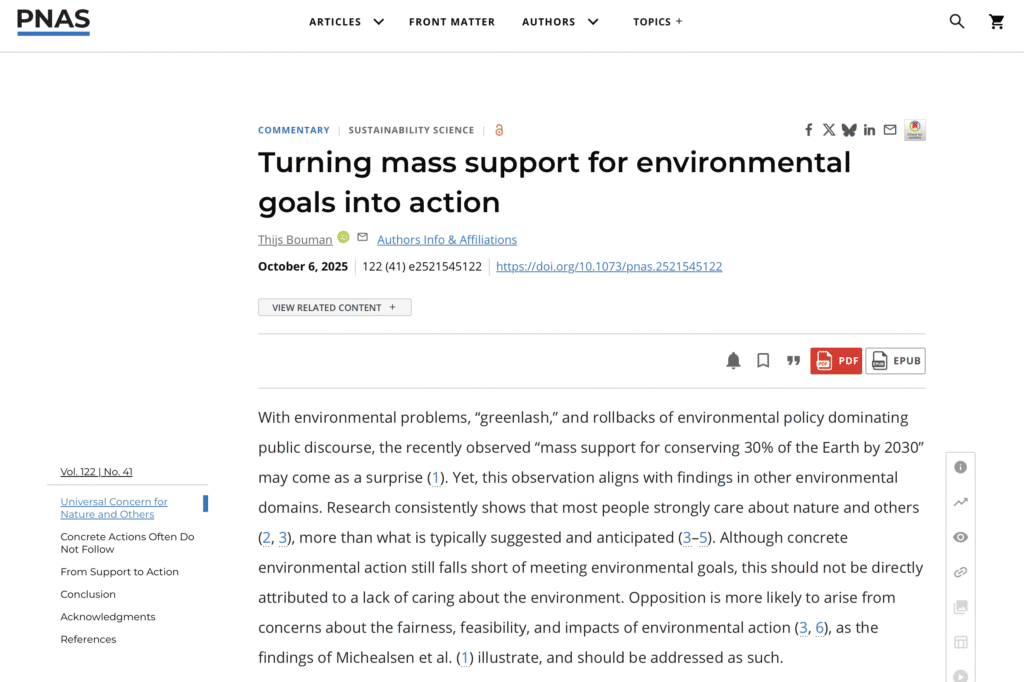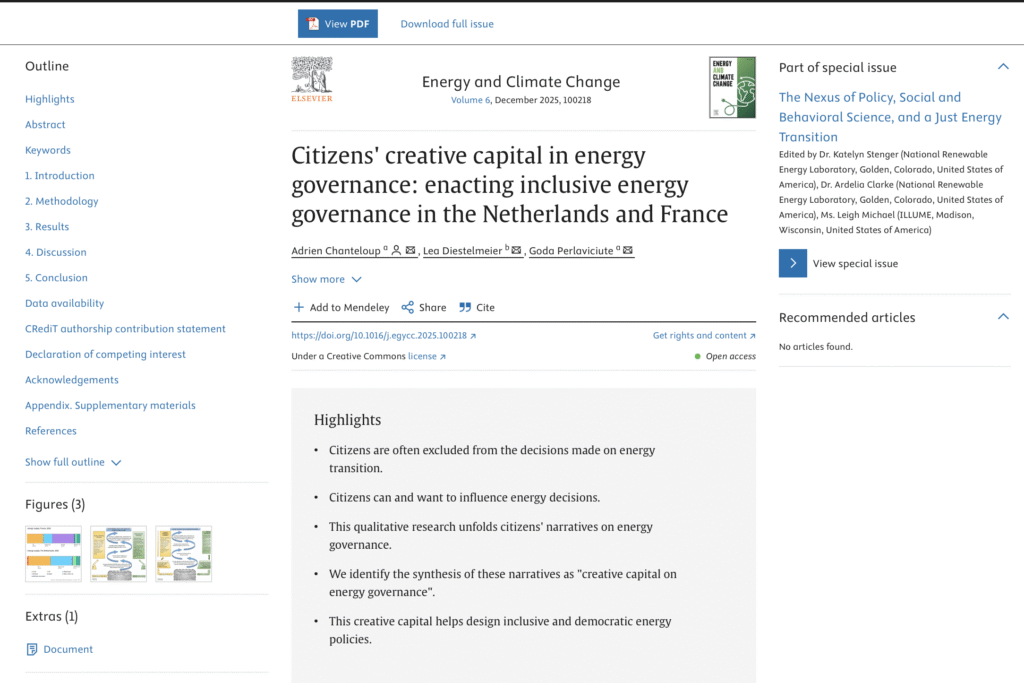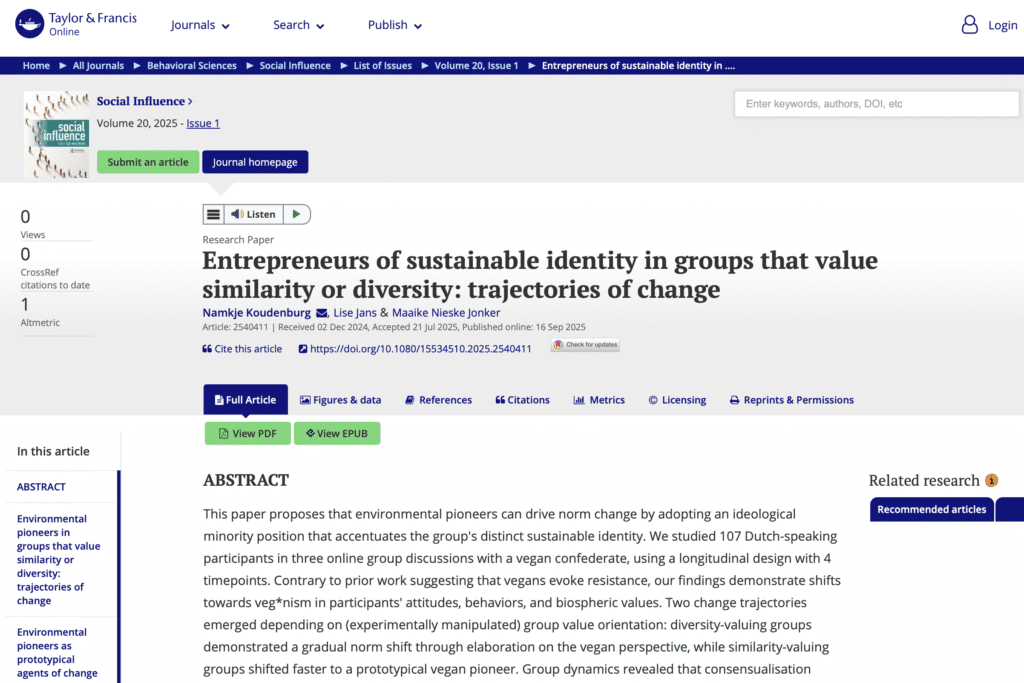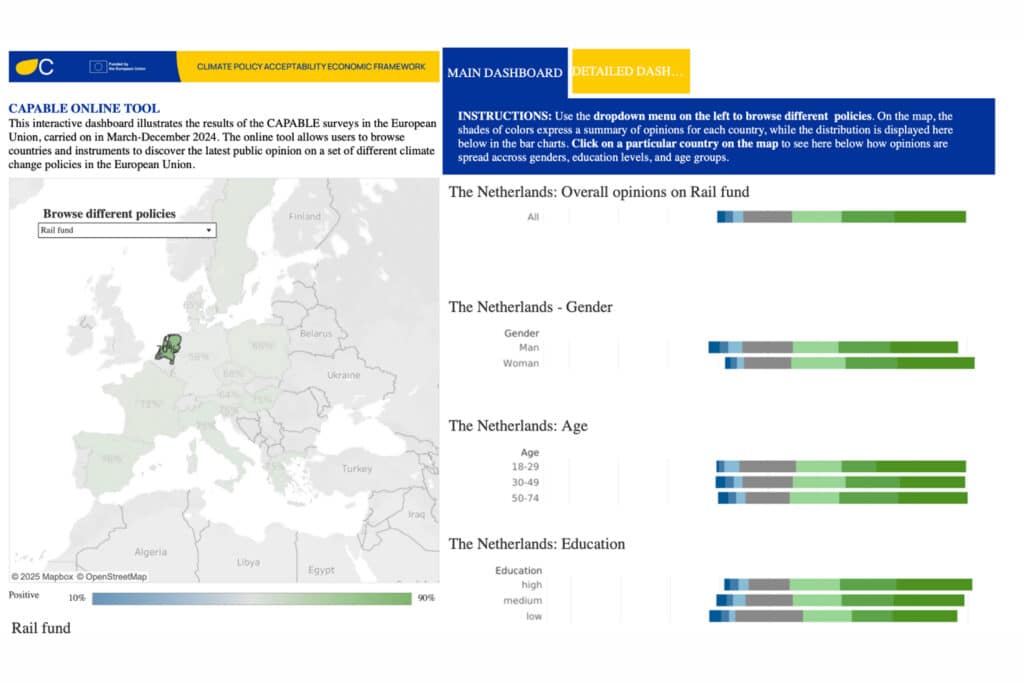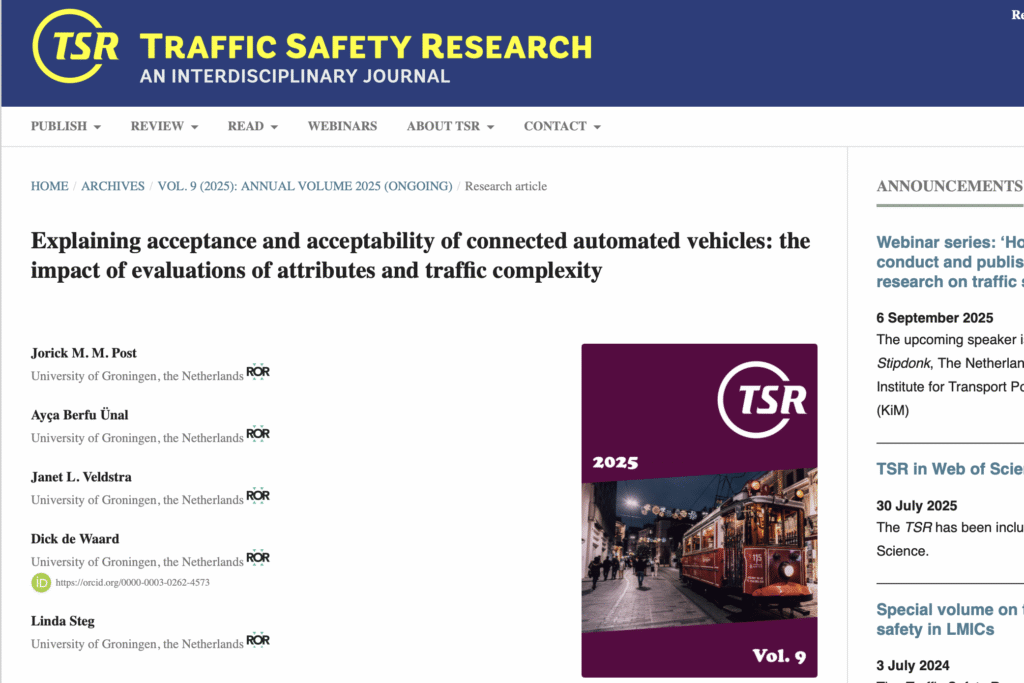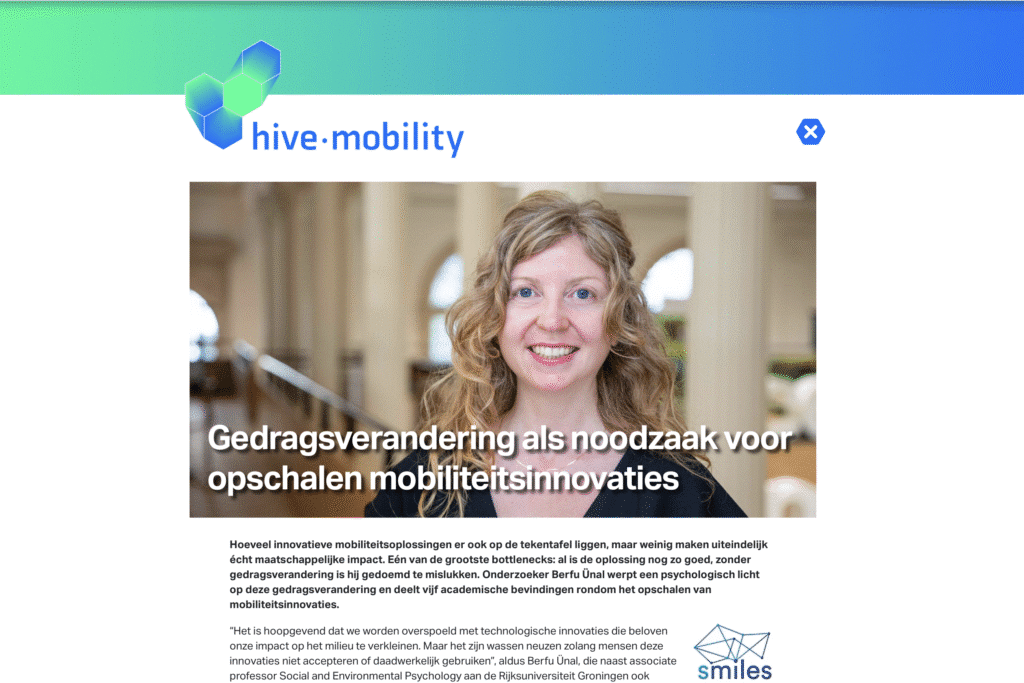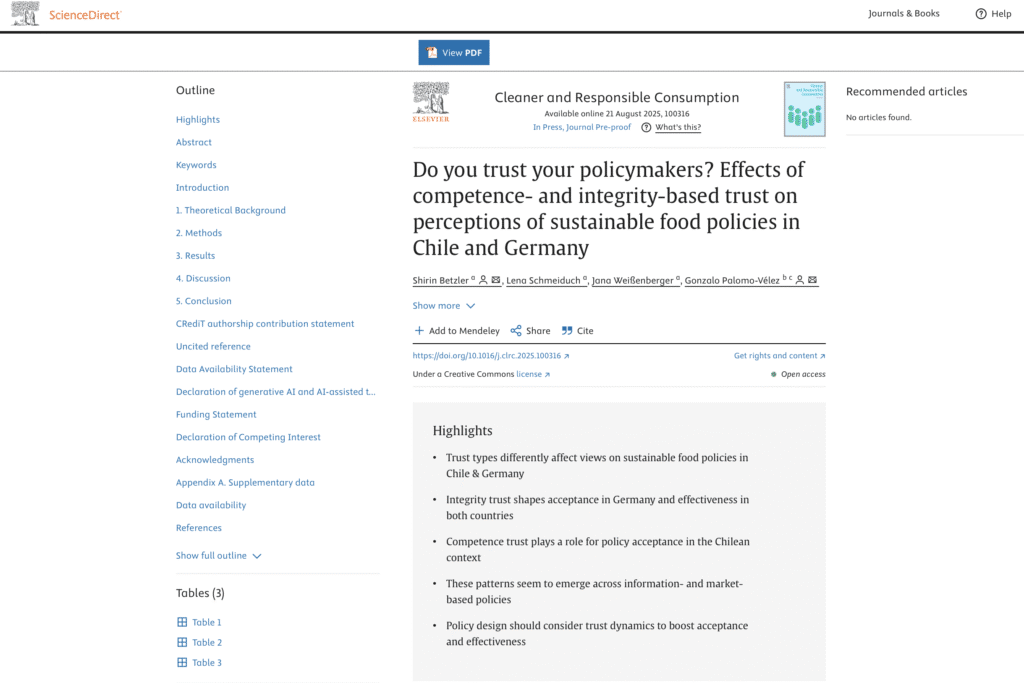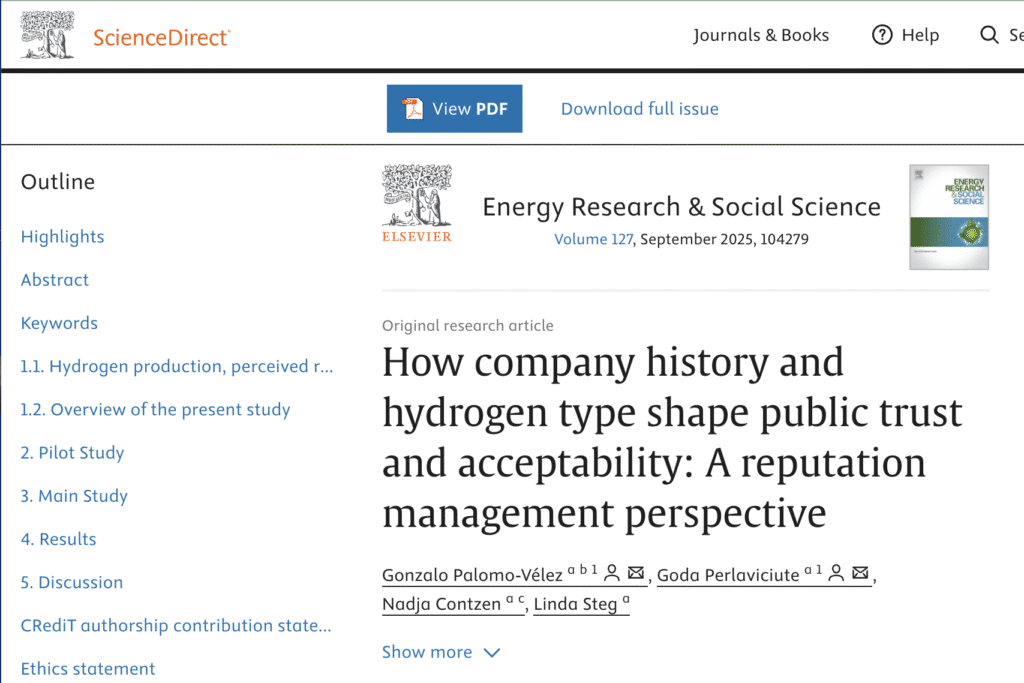Congratulations to our colleague associate professor Thijs Bouman for being awarded a prestigious Vidi grant for his project A Climate of Cynicism!
There is an urgent need to address climate change, yet action is lacking. Limited engagement in climate action is often interpreted with cynicism: “people are primarily self-interested and undervalue society and nature”. However, the opposite turns out to be true. Most people value nature and society strongly, and are willing to support and take climate action.
Through the Vidi project, Thijs (together with a PhD and post doc) will examine whether cynicism rather than indifference hinders climate efforts. Does it discourage individuals from participating? Does it prevent decision-makers from implementing those policies that enable climate action? And could reducing cynicism be vital for achieving a sustainable society?
Climate change threatens ecosystems and societies worldwide, necessitating immediate society-wide climate action. However, climate action remains far too limited, slow, and inconsistent to meet climate targets. What explains this lack of climate action?
Thijs’ recent work has shown that most individuals strongly value nature and society, and desire change, yet they tend to underestimate this in others. Perhaps it is cynicism, via individual, social and societal-level processes, that discourages and inhibits individuals from taking climate action.
Seeking the empirical evidence and reasoning behind this, A Climate of Cynicism will use diverse quantitative and qualitative methods and modelling approaches to investigate:
(i) why individuals are cynical about others’ (but not their own) climate-related values;
(ii) when and how cynicism affects climate action at different system levels, and;
(iii) how (perceived) values, cynicism and climate action dynamically influence each other across system levels and over time.
This work will generate new fundamental insights into both personal values and perceptions about others’ values, as well as how values more broadly translate into action. Moreover, it will generate new insights into how these factors and processes dynamically influence each other over time, impacting both individuals and society, particularly in their responses to societal crises.
Testing these theoretical questions in the context of climate change is also of strong practical relevance. They help explain climate inaction and can inform strategies and interventions that aim to promote climate action. Thus, the project helps us understand the origins and consequences of cynicism and how to achieve less cynical views, potentially leading to a sustainable society that most individuals value.


